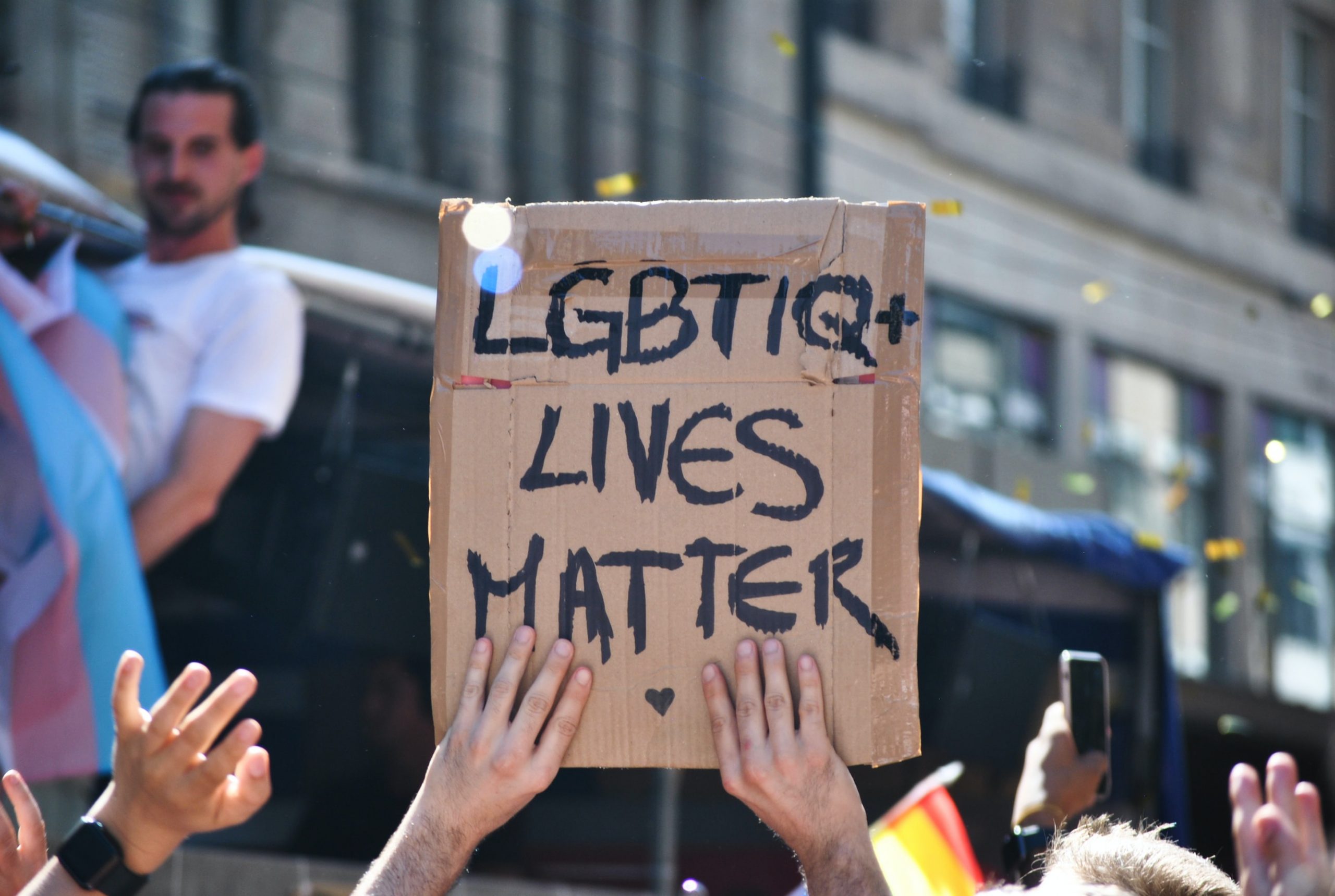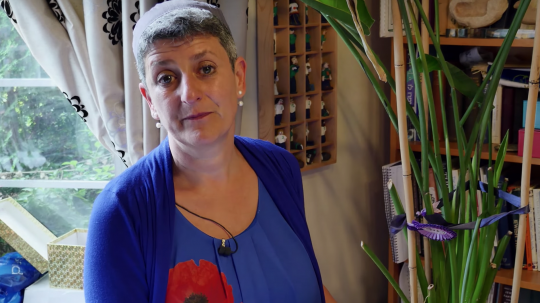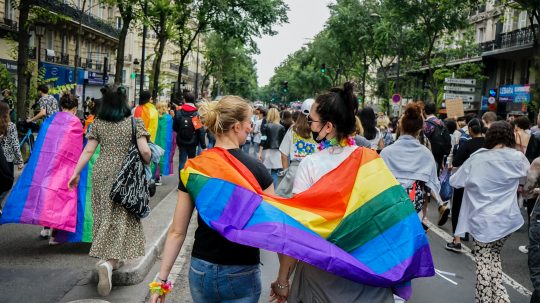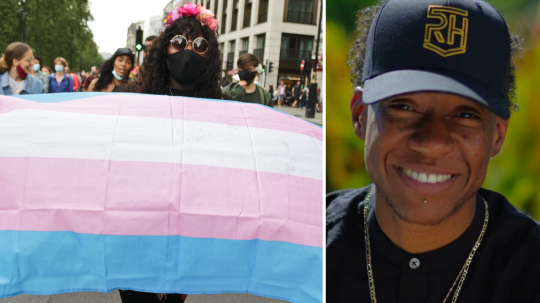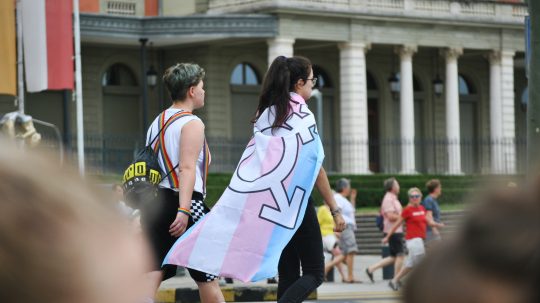Reports of homophobic and transphobic hate crimes have soared over the last six years, according to data obtained by VICE World News.
The data exposed that, since 2014-15, homophobic hate crime reports have tripled and transphobic hate crimes have quadrupled across the UK.
In 2014-15, there were 6,363 reports of hate crimes based on sexual orientation. Comparatively, in 2020-21, there were 19,679 reports. For 2014-15, 598 transphobic hate crimes were reported but in 2020-21, 2,588 were reported.
Hate crime remains a widespread problem in society, despite everyone’s right to be free from discrimination, enshrined in Article 14 of the Human Rights Act (HRA). Inhumane treatment in the form of hate crime against LGBTQ+ people might also infringe upon Article 3 of the HRA, which is designed to shield people from degrading or inhuman treatment.
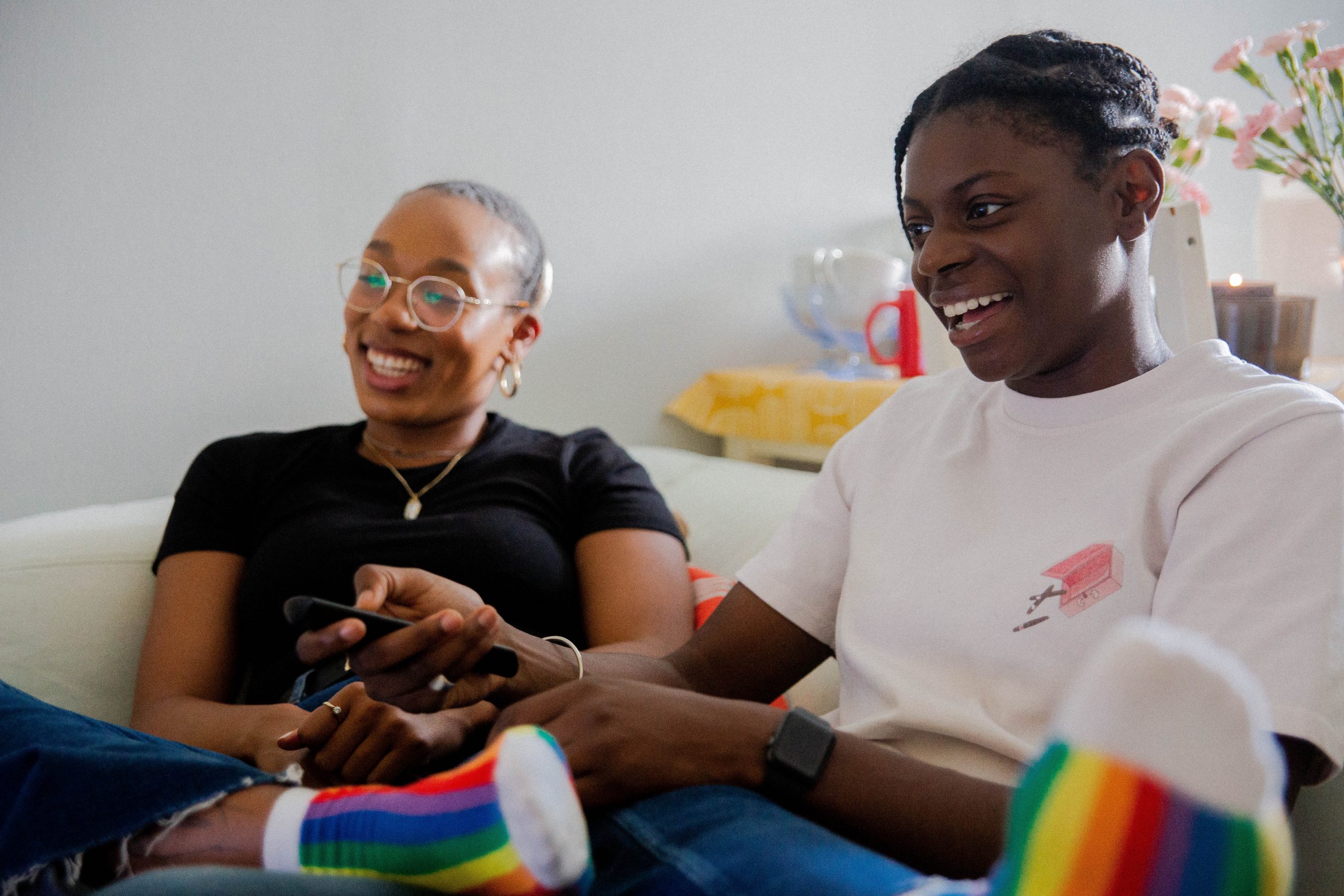
Credit: Shingi Rice / Unsplash
Obtained via freedom of information requests to 45 police forces – two of which failed to respond – the data exposes a 2% rise in hate crime reports based on transgender identity and a 12% increase in reports related to sexual orientation since 2019/20’s figures.
When the motivation for a crime is identified as hatred for someone based on one or more of a number of protected characteristics – ie based on who they are – it is labelled a hate crime and can carry an increased sentence. There has been a noticeable increase in hate crimes during the pandemic.
“We saw LGBT+ people targeted as a direct result of the pandemic – either because the pandemic was seen as a punishment for our existence, or because of our community’s association with the HIV/AIDS pandemic, and a notion that LGBT+ people were somehow at the root of this pandemic,” said Leni Morris, chief executive of Galop, an LGBTQ+ anti-abuse charity. “What we do know, for sure, from the UK government’s own figures, is that 90% of hate crimes against LGBT+ people go unreported, so these figures only represent a tiny part of the overall amount of abuse and violence faced by the LGBT+ community in the UK today.”
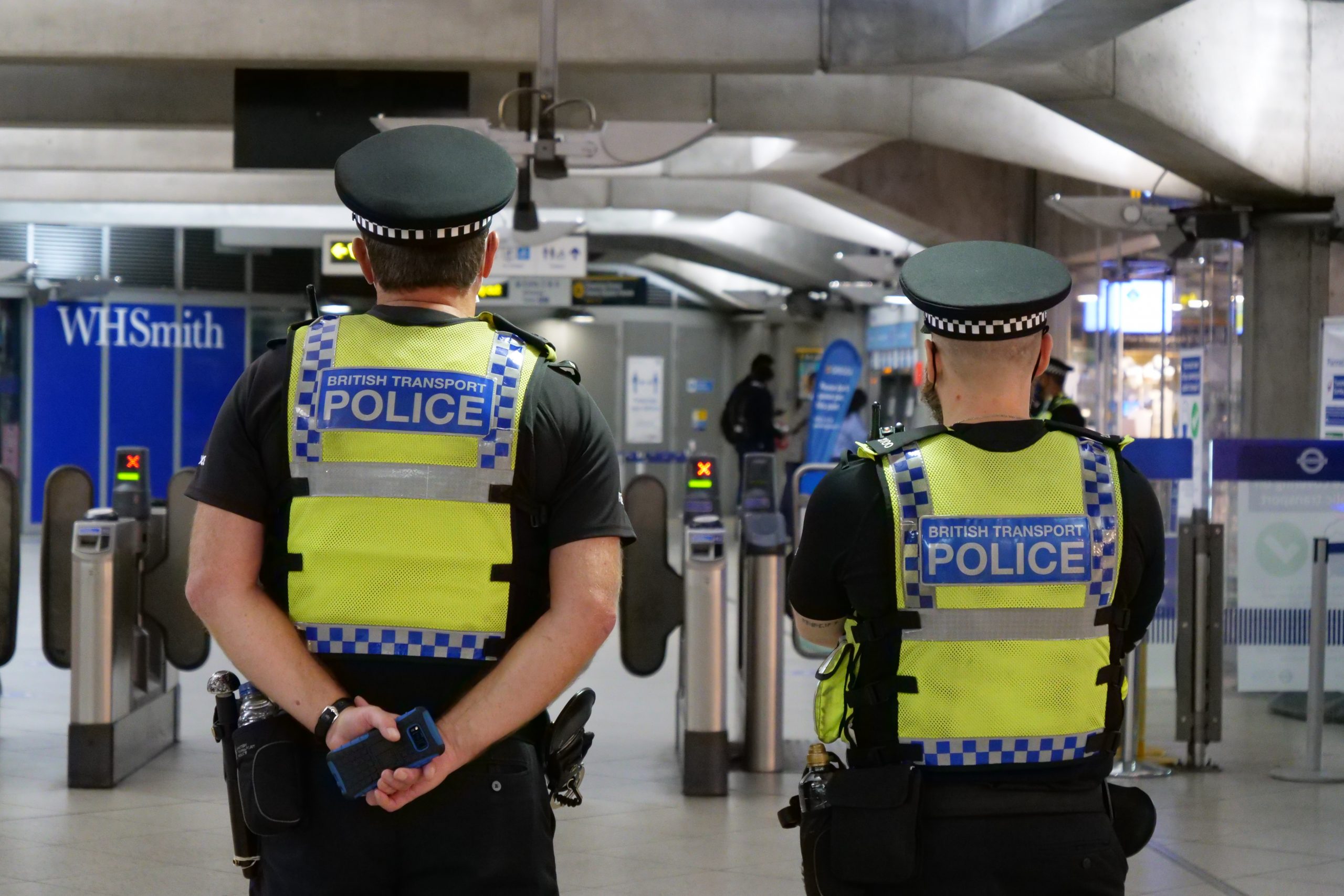
Credit: Ethan Wilkinson / Unsplash
Hate crimes and incidents have a major impact on the LGBTQ+ community. A 2017 report by Stonewall, based on YouGov polling, revealed that one in five LGBTQ+ people have experienced a hate crime or incident because of their sexual orientation and/or gender identity in the last 12 months.
For example, a few weeks ago, a man endured a homophobic attack in Birmingham city centre. John-Paul Kesseler had a wine bottle thrown at his head when he was walking home holding hands with a man after a night out in the city’s Gay Village.
After a short verbal exchange with another man who shouted “you should not be doing that” at Kesseler, the man pulled a wine bottle from his car and threw it at the pair.
“Everything seems to be turning on its head – people are more open with their hatred, people feel emboldened to act on their prejudices,” said Kesseler. “It upsets me, it sucks, but it certainly doesn’t surprise me.”
Hate emboldened and on the rise should be a cause for concern for us all. We can hope – and some will argue – that part of the increase in reports of anti-LGBTQ+ hate crime is down to increased confidence in the LGBTQ+ community in the point of reporting such crimes. But, even if that is true, it can only account for a fraction of the increase. If it is to live up to its human rights obligations, the UK must redouble its efforts to root out homophobic and transphobic hatred.

